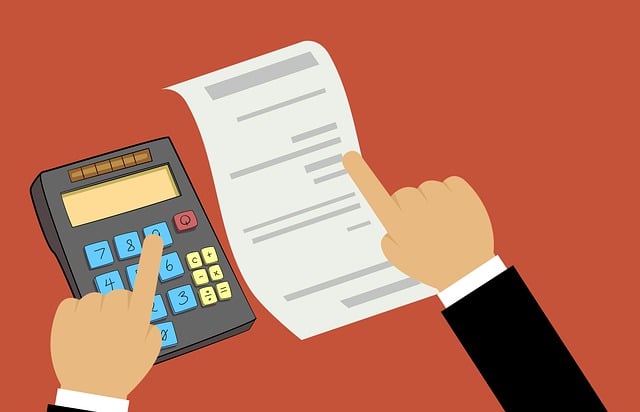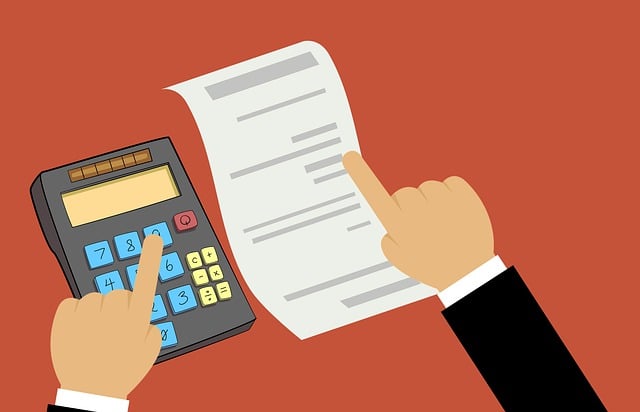Understanding appeal rights in real estate disputes is vital for ensuring justice. Both parties can present their cases and evidence after an initial hearing deems a decision unjust, following local regulations and structured procedures involving formal requests, documentation, and hearings reviewed by higher authorities or appellate courts. Common reasons for appealing include procedural errors, evidentiary issues, or claims of bias, aiming for reversal, modification, or remand to achieve a fair outcome.
In the dynamic realm of real estate, disputes can arise, often leading to unfair property decisions. However, understanding the appeal process is paramount for all parties involved. This article explores the intricate details of appealing real estate decisions, highlighting grounds such as procedural errors and manifest improprieties. We guide readers through legal procedures post-ruling, emphasizing the importance of timely action and strategic navigation in securing a just outcome.
Understanding Appeal Process in Real Estate Disputes

In real estate disputes, knowing your appeal rights is crucial. If a decision is deemed unfair, whether it’s regarding property ownership, rent adjustments, or eviction cases, there’s often an avenue for further review. The appeal process allows both parties to present their sides of the story and introduce evidence that may have been overlooked during the initial hearing. This second chance can be pivotal in ensuring justice.
Understanding this procedure is essential for all stakeholders involved in real estate transactions. Each jurisdiction has its own set of rules and timelines, so it’s important to familiarize yourself with local regulations. The appeal process typically involves filing a formal request, providing additional documentation, and attending a hearing where a higher authority or appellate court evaluates the case based on the laws and evidence presented.
Grounds for Appealing Unfair Property Decisions

When it comes to real estate, property decisions can sometimes be met with disagreement. If an individual feels they’ve been treated unfairly during a property sale, purchase, or dispute, they may have grounds for appeal. These appeals are based on specific legal and factual arguments that challenge the initial decision.
Common reasons for appealing real estate decisions include procedural errors, evidentiary issues, or claims of bias. For instance, if there was a misunderstanding of facts, new evidence has emerged, or the process wasn’t conducted fairly, an appeal can be made. These appeals are crucial in ensuring justice and maintaining trust in the real estate market.
Navigating Legal Procedures After an Unfavorable Ruling

After receiving an unfavorable ruling in a real estate dispute, it’s crucial to understand that navigating legal procedures for appeal is a meticulous process. The first step involves thoroughly reviewing the judgment, identifying any potential errors or misapplications of law, and gathering compelling evidence to support your case. This may include revisiting witness testimonies, examining documents, and consulting with legal experts to determine the strongest arguments for appeal.
During this phase, it’s essential to adhere to strict deadlines set by the court system. Filing an appeal typically requires precise paperwork and a detailed brief explaining why the previous decision was unfair. Once submitted, the appellate court will review your case, possibly scheduling hearings or requesting additional information. Success in appealing an unfavorable ruling can lead to a reversal, modification, or remand of the original decision, offering a new chance for a fair outcome in real estate disputes.






